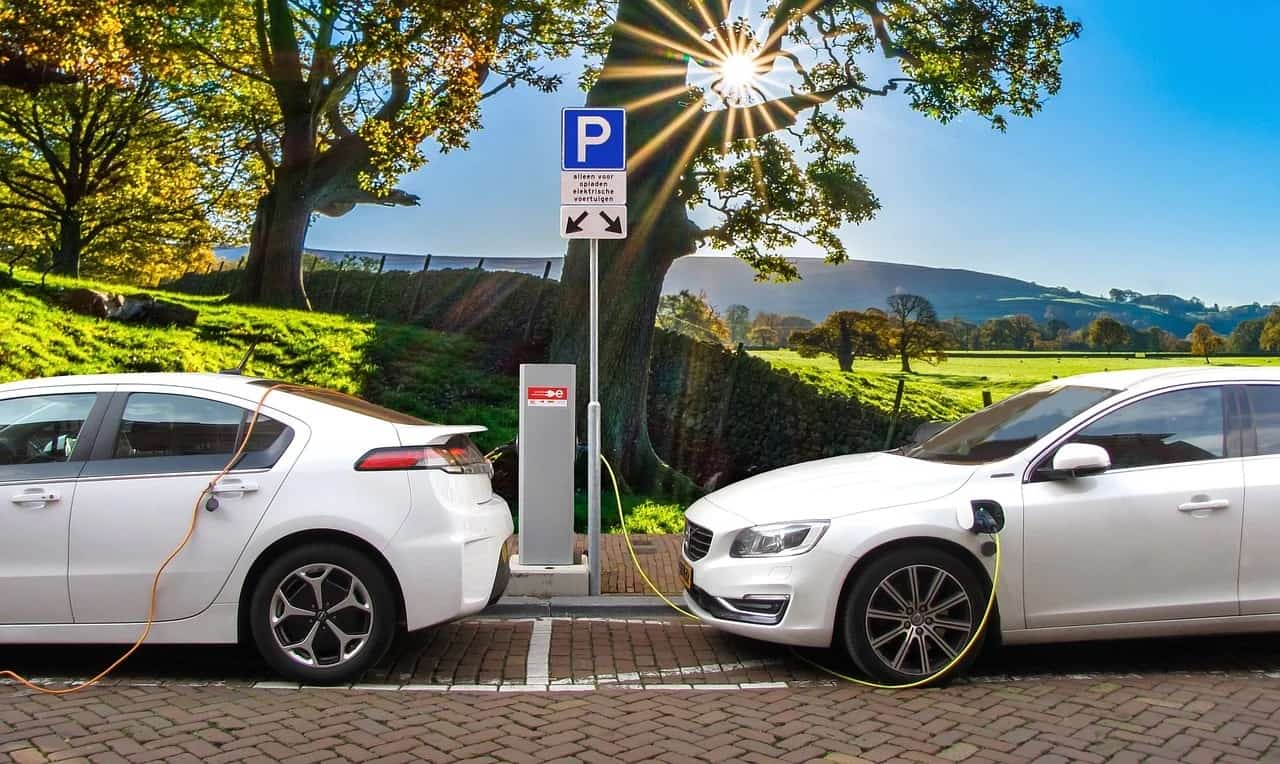
Electric cars are becoming more popular, with several manufacturers now offering compelling models at affordable prices.
Aside from the lower price, there are reasons like environmental benefits, lower maintenance costs, and better performance that compel the public to go all-electric.
With the current generation of EVs now able to run for over 200 miles per single charge, users find it easy to ditch the traditional gas-fueled model for their daily commute.
A survey by the Union of Concerned Scientists and Consumer Reports shows that 63 percent of prospective car shoppers in the US are interested in buying an electric vehicle. The survey also found that 31 percent of buyers would consider an EV for their next purchase, which would mark a significant escalation in the number of electric cars being sold in the US.
While several EVs are available today, the driving experience with electric vehicles is still limited. Almost all major auto manufacturers, from Tesla and Ford to Honda and Nissan, now offer an all-electric, or at least hybrid, versions; there is still confusion on how they might fit into our lives. To make things easier, use this blog as a primer for the basic things that you should know before purchasing your first electric vehicle.
Understand your choices:
Electric vehicles can be easily put into two categories, namely hybrid and pure electric. However, each of them can be further divided into subcategories.
For instance, the hybrid models come in simple hybrids (HEV) and plug-in hybrids (PHEV). The electric lineup also comes in fuel cell electric vehicles (FCEV) and pure electric vehicles (EV/PEV).
The pure electric vehicle offers the most significant and cleanest break from gas stations. However, since the range is still an issue for some users, the pure electric model may not be practical for everyone. The hybrid model, on the other hand, merges the past with the future.
If you want to travel long distances but still want to go green, a hybrid might suit your liking. Most hybrid vehicles have an EV range of anywhere from 10 to 50 miles. This might not seem impressive, but if you aren’t driving long distances, it might take weeks before you need to visit a gas station.
Know the charging requirements:
Before you buy an EV, it is essential to ensure the availability of a nearby public charging point. Fortunately, the new EVs also come with a dedicated charger that can be mounted on a garage wall. Whether you buy car online or make an in-person visit to the dealership, make sure you also purchase the necessary charging apparatus, so that you can charge the EV at home if there are no charging points available nearby.
Currently, there are three types of charging available for electric vehicles. Below, we briefly discuss each of the charging types.
Level 1 Charging: The Level 1 charging is the basic EV charging that uses a 120 volts power to charge the vehicle’s battery. It is the basic level of electric vehicle charging, which can be done simply by plugging your EV into a household electric outlet. This is the slowest amongst the three types of charging levels, so it may not be suitable for long distances.
Typically, a Level 1 Charging provides 4 miles of electric power for each hour of charging, which means that you will require around 24 hours for a full charge. However, since you don’t always have to charge from an empty to full battery, the Level 1 Charging may fulfill the normal user’s needs.
Level 2 Charging: The Level 2 Charging is faster than Level 1, as it uses 240 volts power for quicker charging of the battery. However, using the Level 2 type of charging requires installing an EVSE unit (electric vehicle supply equipment) and other components that can handle this level of voltage. Since the Level 2 Charging solution is quicker, it’s also more expensive than Level 1.
DC Fast Charging: The DC fast charging is the quickest of all the charging options currently available. It uses direct current instead of the conventional alternating current (AC) to charge the vehicle. Adding 170 miles at a DC fast charging station may take up to 30 minutes, which is as quick as a bathroom break for most users. As the charging speed increases, the cost also goes higher with it.
How far can an EV go?
Most new-generation electric vehicles can easily go over 200 miles on a single charge, which is less than the range for gasoline cars. However, companies like Tesla have made significant improvements in battery technology in the past few years, and we now see electric vehicles with a range of over 300 miles.
Most of you may think that the range might be an issue for the ordinary commuters; however, the statistics show otherwise. According to the National Travel Survey, the average distance of a vehicle journey is the UK is roughly eight miles, and it has been falling year-on-year.
It’s pertinent to mention that weather conditions, terrain, and driving style can significantly impact the EV range. Driving in cold weather, for instance, will reduce the range due to the power needed to heat the cabin. Similarly, the battery range drops by 17 percent in the summers, too, with the air-conditioning running.
Electricity Costs:
Since the electricity price may vary for different locations, the electricity cost will differ depending on where you live. Regardless of where you live, EV will cost you much less, compared to the $7000 that you will spend a year on gas and maintenance of a new sedan. Studies further show that the fuel costs for the BMW 3 Series are 30-55 percent more expensive than the cost of charging a Tesla Model 3.
Charging an EV at home is cheaper than charging at public points. However, the electricity prices can vary based on the time of the day you are charging. It is usually less expensive to charge your EV battery at night or on the weekend rather than at prime times.
Final thoughts:
Electric vehicles used to come at a high price tag; however, with increased competition, there are now options available to almost every income level. Ultimately, you have to analyze your driving habits and consider what you expect to get from an EV before making a purchasing decision.


